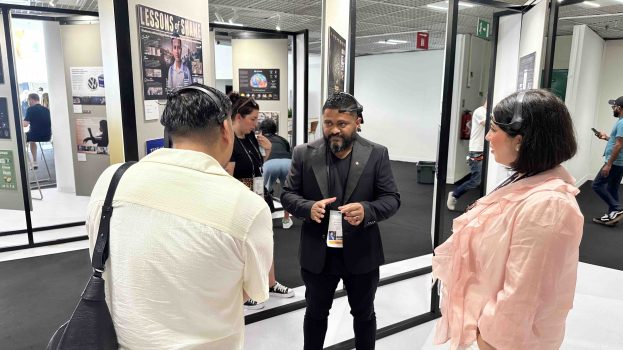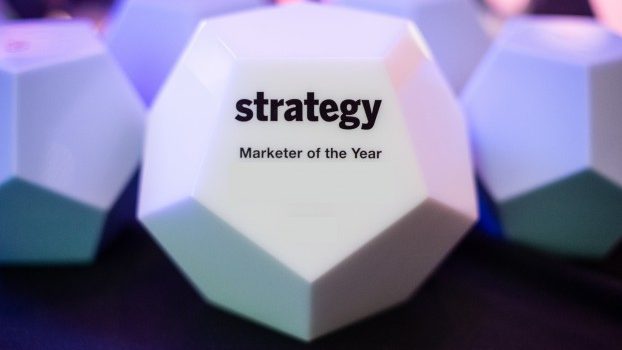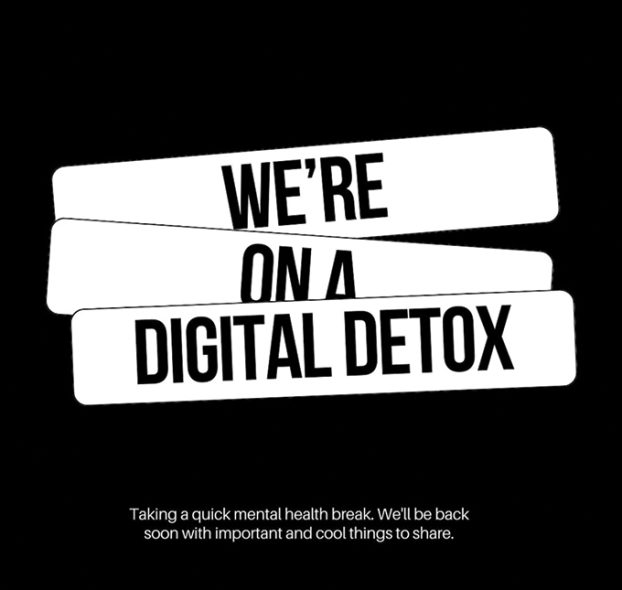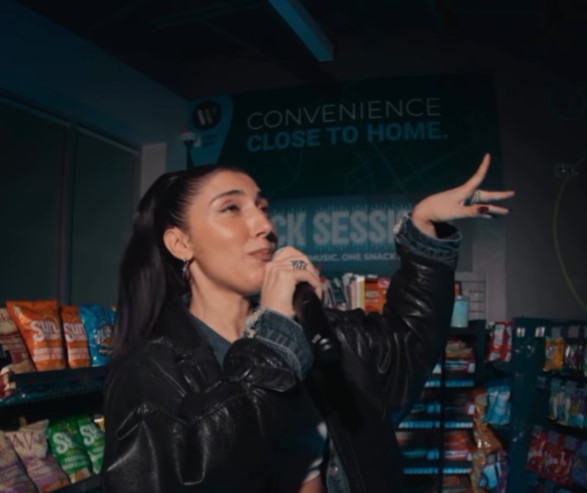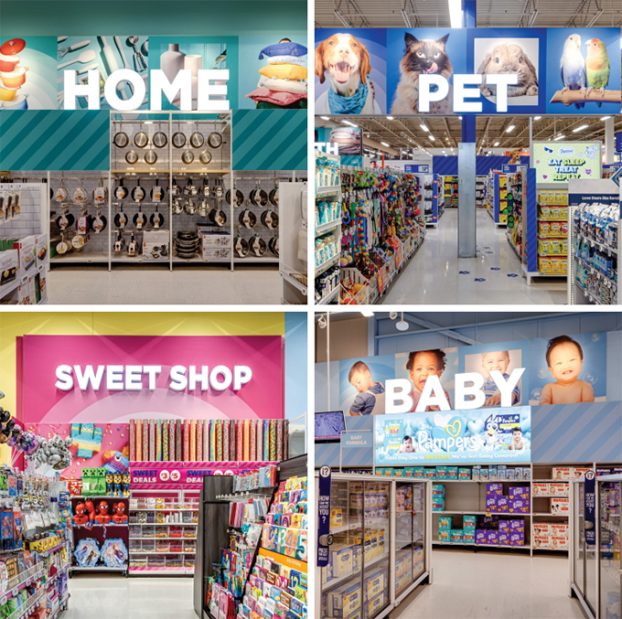
Canadian teams won a Silver in the Young Lions Film and the first-ever Canadian Gold in the Young Marketers competition.
That came after the Digital and Media teams also shortlisted among the 444 teams from 70 countries.
Below are the campaigns that the Marketer and Film winners came up with to sway the judges heads and hearts, and take home two more Lions for Canada for 2023.
Young Marketers: Gold
“Alone we can do so little, but together we can do so much.”
– Helen Keller
Mike Miura and Ryan Grippo weren’t in this week’s Cannes Lions press conferences, where many of the jury presidents talked about how “collective action” (group effort campaigns that saw companies and people banding together for a cause) and/or “staying power” (work that has the stamina to live on and be duplicated across the globe) were reasons why some of the Grand Prix winners rose to the top.
Yet they knew those were winning ingredients, which they used in their Gold Young Marketers-winning campaign.
The two Canadian marketers from MLSE were awarded the top award in the competition that gives teams 24 hours to respond to a brief for a specific organization with a creative campaign/program. They came up with their idea in just eight hours and spent the next 15 working on a deck that would make the campaign digestible for the jury.
The marketers responded to a brief from New Zero World, an environmental charity that is looking to get the public to take tangible steps in the fight against climate change. They chose to attack the problem with a solution that would make it “more accessible for people to do something small, but with big impact,” Grippo told strategy.
Being from MLSE, an organization that creates teams (such as the Toronto Raptors and the Maple Leafs), their approach was to create a whole new brand under the guise of a sports team that the public can attach themselves to. They created several assets, from jerseys to a social influencer campaign, for the new team, which they called Earth United.
“We leaned into this tension and this insight that everybody wants to make a change, but when you do it alone, it doesn’t feel like you can move the needle. When I do things in isolation, I don’t really feel like I can make a big difference,” said Miura. “But MLSE creates teams that are united and that are a sense of community – that’s what we do. So we created the biggest team in the world that’s accessible to everyone in order to compete in the biggest match of our lives, which is against the climate crisis.”
Beyond fans, they also envisioned famous players like Pascal Siakam and celebrities like Drake joining the team and making a committment to participate in the fight against climate change. They also visualized a digital platform where people who signed the pledge can chat with the community and engage in gamification through different climate challenges.
“I think ‘inspiring by sport’ is something that people understand,” added Grippo. “They understand the idea of team sport.”
The marketers believe that the campaign won over the jury because of its potential longevity. The brief was broad but the organization wasn’t looking for an isolated campaign. So instead of coming up with an idea that was “quippy and a one-off,” they emphasized how “Team United” can be built as a long-term asset that can be applified through various tactics for years to come, said Miura.
Film: Silver
“Tell me, and I forget, teach me, and I may remember, involve me, and I learn.”
– Benjamin Franklin
It didn’t take long for Cory Hansen and Anthony Curran to come up with the Silver-winning idea for the Young Lions Film category. As soon as it was thought up, the Milestone Integrated Marketing writer and designer went to work – because as simple as it was coming up with the idea, the execution itself would prove to be complex.
“We quickly decided to go with the idea because we knew it would take quite a bit of time to do,” Curran told strategy.
The team responded to a brief from Rocket Learning, a childhood education startup from India that delivers bite-sized activities to parents so that they can teach their kids basic things, such as counting to 10 or learning colours. The challenge that Rocket Learning faces is getting mothers and fathers to sign up to the program, which uses WhatsApp (the most downloaded app in India) to send the learn-at-home activities.
“The issue was that a lot of preschool education, specifically in India, is from formal teachers, but the truth is parents can also help them learn,” Hansen said, adding that a lot of parents don’t feel confident in teaching their kids because a large percentage are undereducated. “There wasn’t a hard CTA or anything like that. But [Rocket Learning] wanted to communicate that “Hey, parents, you can teach your kid at home – it’s really easy.”
So the idea, which placed second in the competition, was to “empower parents to have the confidence to teach their children” with an animated spot that used “abstract” objects that would help the piece feel non-specific to India. “One of the points in the brief was that, even though this is localized to India, the company wanted to keep it very global because it could be applicable to anyone in the world,” said Curran.

In the film, a young child and their parent are shown with heads filled with different shapes. As the parent recieves a notification with an activity from Rocket Learning, they’re shown passing along an object from their brain to their childs. The process repeats several times until the child’s head is cemented with a puzzle of pieces that fit perfectly together.
“We loved this idea of building all these little pieces of knowledge that’s helping you develop who you are as a person,” said Hansen. “One subtle thing that we did in the spot is to show that the parents head isn’t fully developed. It’s just a lot of floating shapes, because they have the information, but they didn’t have an opportunity through Rocket Learning to really develop it. They knew everything, but it just wasn’t as cemented as we show in the child.”
“I think what resonated with the judges is that, as you think about it, and as you watch the spot, you reflect on your own life,” added Curran. “You can see who we are and how we’ve all been developed through this process of learning.”

